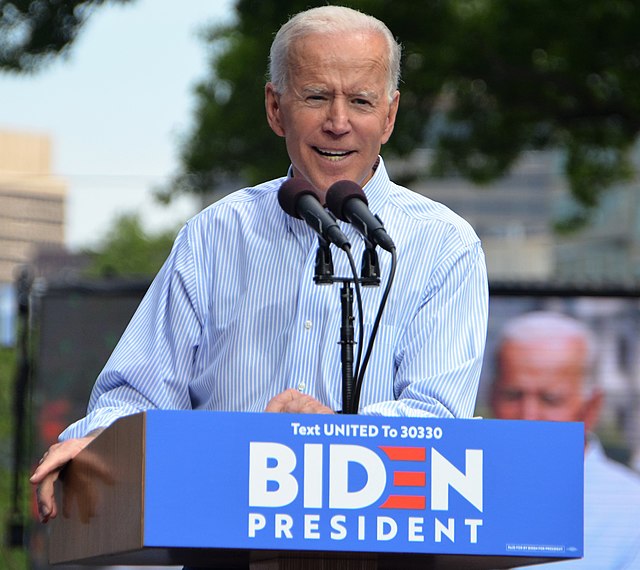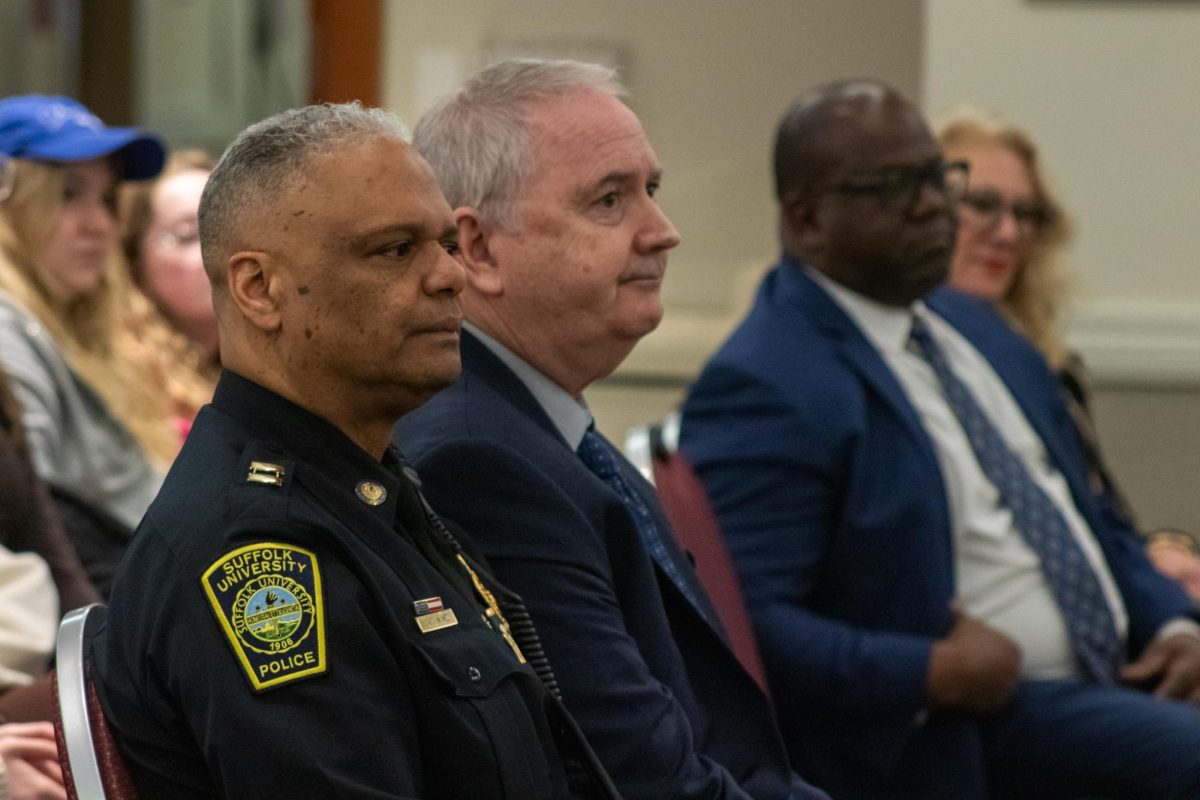Louisiana Rep. Scalise drops out of House speaker race
Rep. Steve Scalise of Louisiana dropped out of the race to become the next Speaker of the House after he was narrowly nominated as the Republican candidate in a closed-door meeting Oct. 11, reported The New York Times.
Scalise, the House Majority Leader, won the nomination in a 113-99 vote, but struggled to find enough support to give him the 217 votes needed to become Speaker. Far-right Republicans said they would not vote for Scalise on the House floor and rallied behind Rep. Jim Jordan of Ohio, according to The Times.
Jordan, the chairman of the House Judiciary Committee, was endorsed by former President Donald Trump.
The Times reported that some Republicans cited Scalise’s multiple myeloma diagnosis, which he announced in August, as a reason he could not serve as Speaker. Both Rep. Marjorie Taylor Greene and Trump said that his cancer would make him unfit to lead.
Scalise’s withdrawal from the race puts the House back at square one when it comes to finding the next Speaker. Without a Speaker, the House cannot move forward with legislation, which could present difficulties when the chamber is supposed to come to an agreement on the federal budget Nov. 17.
Robert F. Kennedy Jr. registers as independent for 2024 presidential run
Robert F. Kennedy Jr. announced he is leaving the Democratic Party to run for president as an independent during a speech at the National Constitution Center in Philadelphia.
“Something is stirring in us. It says, ‘It doesn’t have to be this way,'” Kennedy said. “People stop me everywhere, at airports and hotels and malls on the street, and they remind me that this country is ready for a history-making change. They are ready to reclaim their freedom, their independence. And that’s why I’m here today. I’m here to declare myself an independent candidate for president of the United States.”
Kennedy, an attorney and activist, is the son of Sen. Robert Kennedy and nephew of President John F. Kennedy. His family connections and history gave him strong name recognition in the Democratic party, however, the Associated Press reported that his favorability is higher among Republicans than Democrats.
Kennedy’s decision brought swift kickback from many conservatives, including former President Donald Trump’s campaign. His spokesperson, Steven Cheung, criticized Kennedy’s values and familial history.
“Voters should not be deceived by anyone who pretends to have conservative values. […] An RFK candidacy is nothing more than a vanity project for a liberal Kennedy to cash in on his family’s name,” Cheung said.
Israel prepares to invade Gaza strip
Israel declared a state of war Oct. 8, a day after the Palestinian militant group Hamas struck Israel with a surprise missile attack.
By the sixth day of war, Hamas militants had taken around 150 people hostage and the Israeli military had struck the Gaza Strip with airstrikes in retaliation, according to the Associated Press. Twenty-seven Americans have been killed since the beginning of the attacks, according to the New York Times.
Israel is preparing for an invasion of the Gaza Strip on Oct. 12 in an attempt to disband Hamas. Palestine was put under full siege on Oct. 11 by Israel, leaving millions of Palestinians without electricity.
On Oct. 9 in the Boston Common, Sen. Edward Markey was booed off the stage after calling for an end to the violence.
“They are violent extremists, they gain support when there is a crisis. That is why the United States and the international community must keep pushing for diplomacy and the ending of civilian casualties on all sides,” Markey said.
Israeli Prime Minister Benjamin Netanyahu posted on social media warning Israeli citizens of increased violence.
“We are embarking on a long and difficult war that was forced on us by a murderous Hamas attack,” he said on X, formally known as Twitter.
The conflict between Israel and Palestine started in 1948 when Israel declared independence.
The Journal’s coverage of this event is ongoing.
Updated indictment adds additional charges for Santos
An indictment against Rep. George Santos was updated Oct. 10, adding 10 federal charges against the New York Republican to the existing 13.
The new charges accuse Santos of stealing the identities of campaign donors and charging their credit cards without consent, sending hundreds of thousands of dollars to his own campaign, the campaigns of others and his personal bank account, according to The Associated Press.
“As alleged, Santos is charged with stealing people’s identities and making charges on his own donors’ credit cards without their authorization, lying to the FEC and, by extension, the public about the financial state of his campaign,” said U.S. Attorney Breon Peace in a statement.
Santos is currently free on bail leading up to the trial and has resisted numerous calls to resign, also affirming that he plans to run for office again in 2024.
The Republican from New York pinned the blame for his fraudulent campaign finances on former campaign treasurer Nancy Marks, who pleaded guilty to a fraud conspiracy charge, admitting her role in falsifying campaign finance reports, according to The New York Times.
The original indictment, opened in May, charged Santos with seven charges of wire fraud, three of money laundering, one of theft of public funds and two of making materially false statements to the House, to all of which he pleaded not guilty.

















